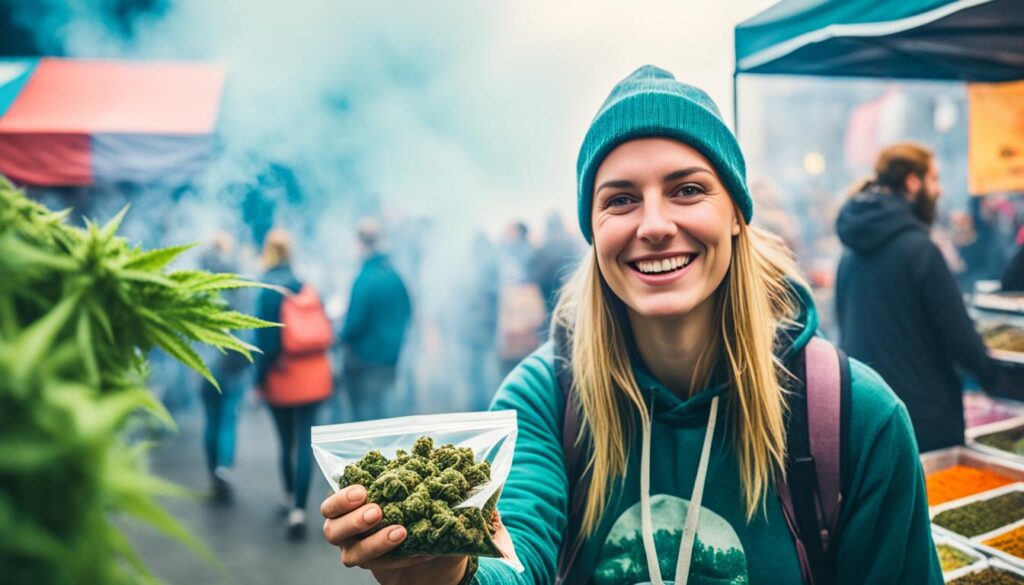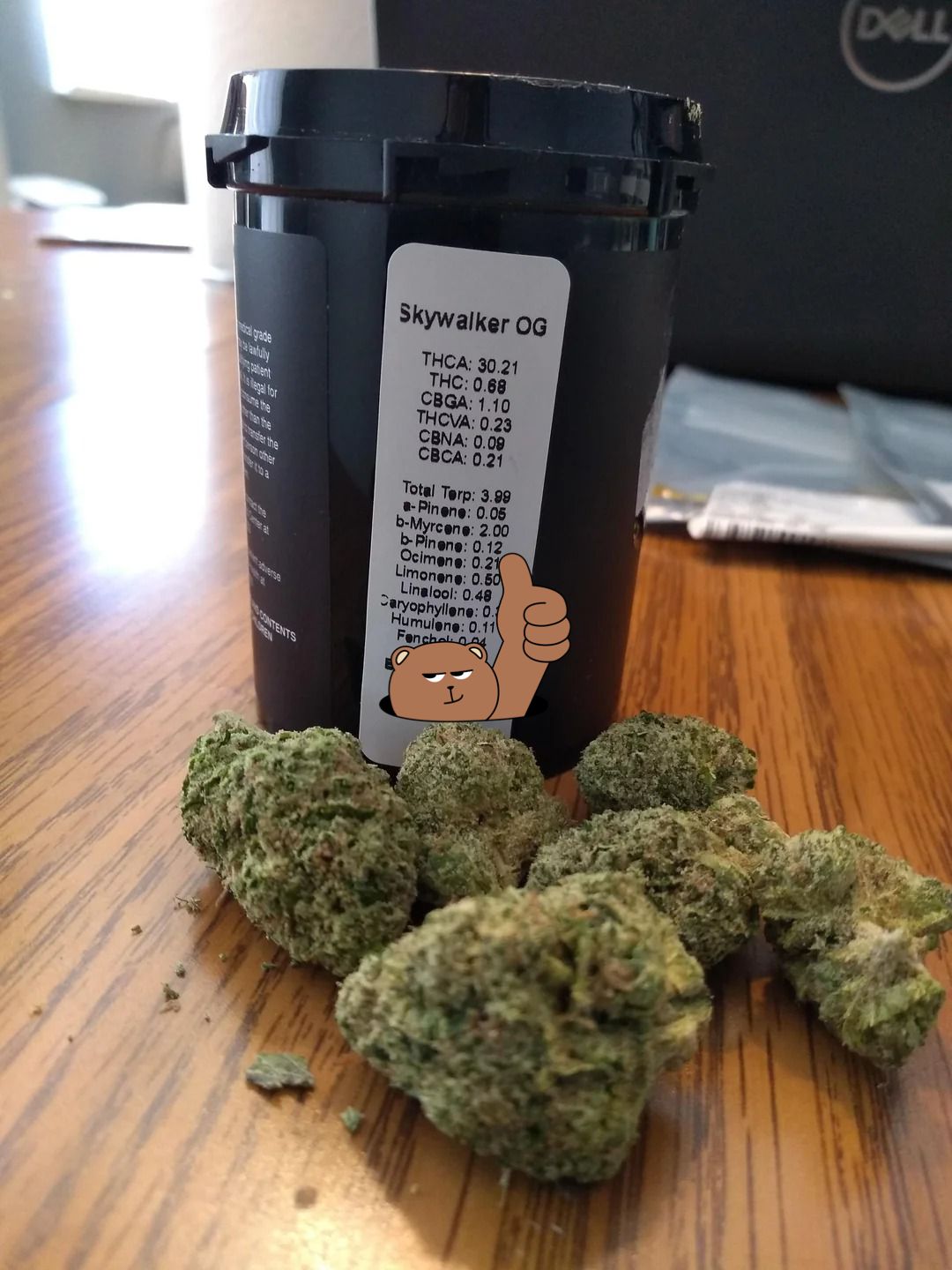
Cartagena’s postcard streets—and the cannabis misconception that turns vacations messy
Cartagena is built to make you feel like rules are optional. You arrive to humid Caribbean air, music spilling into cobblestone streets, and that cinematic glow of the Walled City where everything looks like a travel poster. Days blur into sunsets on the walls, rooftop dinners, and nights in Getsemaní that run later than you planned. In that relaxed mood, tourists often import a shortcut idea: “Colombia is decriminalized, so weed is basically legal.”
Cartagena is exactly the kind of place where that shortcut backfires.
Colombia’s cannabis framework is not full recreational legalization with dispensaries. Major cannabis law guides typically describe a personal-use allowance (commonly summarized as up to 20 grams) and personal cultivation (commonly summarized as up to 20 plants)—while also emphasizing that adult-use purchase/sale is not legal and supply remains a serious legal risk. (Sensi Seeds) On the medical side, Colombia has been expanding regulation; late-2025 reporting described Decree 1138 of 2025 as allowing medical cannabis flower to be used for regulated prescription preparations with health-authority oversight—important progress, but still medical, not recreational. (ICBC)
This guide focuses on the Cartagena reality: what the rules mean in practice, why “public vs private” matters more than tourists think, the biggest scam/safety traps in tourist zones, and how to keep your trip calm and respectful.
Cartagena at a glance: why the city magnifies cannabis “visibility”
Cartagena has two overlapping worlds: the tourist-heavy Walled City (Centro Histórico) and the surrounding, lived-in coastal city. That creates a risk pattern you feel immediately/weed in Cartagena:
- Dense public spaces: plazas, walls, rooftops, and narrow streets where smell and behavior are obvious.
- High police/security presence in nightlife corridors: not necessarily “anti-tourist,” but focused on public order and predictable trouble spots.
- Opportunists in tourist areas: if you look like you’re shopping for illegal substances, you can become a target.
- Shared accommodations: courtyards, balconies, and stairwells amplify odor and neighbor complaints/weed in Cartagena.
In practical terms: Cartagena is easy to enjoy, but it’s not a city where you can assume cannabis will stay unnoticed just because you feel relaxed.
Colombia cannabis laws in plain language: personal use is not a legal retail market
When people say “decriminalized,” they often mean “legal to buy.” In Colombia, those are different things.
Commonly described personal-use limits
- Possession up to 20 grams: widely described as decriminalized/personal-use threshold. (The Cannigma)
- Cultivation up to 20 plants: widely described as decriminalized for personal use. (The Cannigma)
What does not become legal
The Cannigma’s summary makes the key point clearly: adult-use cannabis is not legal, and the 2012 decriminalization of personal possession did not legalize purchase or sale. (The Cannigma) Sensi Seeds similarly notes that going beyond personal-use limits may result in seizure/fines, and discussions around intent and context matter/weed in Cartagena. (Sensi Seeds)
Cartagena takeaway: even if personal possession is treated differently, Cartagena does not operate like a legal dispensary city/weed in Cartagena.
The “20 grams” trap: how tourists get burned without realizing it
A number feels safe. It’s also the fastest way to get overconfident.
Even if you believe you’re within the commonly cited limit, trouble often comes from context, not math:
- Packaging that looks commercial: multiple tiny baggies can look like distribution.
- Repeated meetups: bouncing between “contacts” creates a pattern that reads like buying/selling.
- Public behavior: smoking or handling cannabis in public invites attention and complaints.
- Tourist intoxication: loud behavior + alcohol + crowds is how minor situations escalate.
In Cartagena’s tourist zones, you don’t control who sees you, who smells you, or who decides you’re worth approaching.
Public consumption in Cartagena: the fastest way to invite problems
Cartagena’s best moments are outdoors: sunset on the walls, street food in Getsemaní, late walks through bright plazas, beach approaches, rooftop air. That’s also exactly why public cannabis use is risky here.
Public use tends to trigger three kinds of problems:
- Public-order enforcement: whether it ends in a warning, confiscation, or something more, you’ve created a situation.
- Complaints: locals and staff are less “chill” when they’re forced to smell someone else’s smoke in shared spaces.
- Opportunist attention: people approach you because you look distracted, intoxicated, or “open to deals.”
If you’re trying to protect a vacation mood, don’t create a public scene—especially not in the Walled City or busy Getsemaní corridors where you’re never as invisible as you think.
The real danger for tourists: street sourcing and “second location” pressure
Even more than legal questions, the biggest practical risk in Cartagena is trying to buy from strangers.
Because adult-use purchase/sale is not legalized, tourists who want cannabis often drift into informal sourcing. (The Cannigma) In Cartagena, informal sourcing is where you see:
- Pay-first scams (money disappears, product never arrives)
- Bait-and-switch (what you get is not what you were shown)
- Second location pressure (“come with me,” “it’s nearby”)
- Harder-substance upsells and riskier environments than you intended
- Theft setups (especially when you’re isolated or intoxicated)
If a stranger tries to move you somewhere, treat it as a hard stop. The safest drug deal is the one you never enter.
Cartagena-specific “avoid trouble” habits
If you want a smooth trip, these habits matter more than any legal paragraph:
Keep cannabis out of your sightseeing routine
Tourists get into trouble carrying something around “just in case.” Cartagena is a walking city for visitors—public streets, taxis, plazas, security checkpoints at venues. The more you carry, the more chances you create for misunderstanding or attention.
Don’t turn your accommodation into a conflict
Balconies and courtyards feel private, but they’re often shared-air spaces. Hotel staff and neighbors will react quickly to strong smells. Even without police, you can lose deposits, get warned, or be asked to leave—none of which improves your vacation.
Be careful with rooftops
Rooftops feel like privacy, but they’re also highly visible and full of other guests. What feels “discreet” to you can be obvious to everyone else.
Avoid mixing heavy alcohol with cannabis in public
Cartagena nightlife is fun, but public intoxication is attention-magnet behavior. If you’re sloppy, you become a target—for enforcement, for scams, for conflict.
Medical cannabis in Colombia: what the 2025 change actually means
Colombia’s medical cannabis system has existed for years, but a widely reported late-2025 update (Decree 1138 of 2025) authorized medical cannabis flower for use in regulated prescription preparations with health-authority approval. (ICBC)
What this does not mean for tourists:
- It does not create a legal recreational dispensary market.
- It does not legalize street buying.
- It does not mean visitors can easily walk in and “get medical weed” like a retail workaround.
Medical access is a healthcare pathway. Tourist convenience is not the point of the system.
“I just want to relax”: Cartagena already gives you that without cannabis risk
A lot of cannabis interest is really about downshifting. Cartagena can do that naturally if you pace yourself:
- Daytime calm: coffee and breakfast early, then shade breaks when heat peaks.
- Golden hour rituals: wall walks at sunset, then dinner, then music—without overdoing substances.
- Choose “busy-safe” night routes: if you’re walking at night, stick to well-lit, lively streets instead of quiet shortcuts.
- Sleep toolkit: eye mask + earplugs (Cartagena can be loud), hydration + electrolytes (heat affects sleep), earlier caffeine cutoff.
Most people don’t need cannabis in Cartagena. They need better pacing and less “vacation FOMO.”
FAQs about weed in Cartagena
Is weed legal in Cartagena?
Colombia does not have full recreational legalization with dispensaries. Major cannabis law guides describe personal possession up to 20 grams and personal cultivation up to 20 plants as decriminalized for personal use, while noting adult-use purchase/sale is not legal. (The Cannigma)
What is the “personal dose” amount in Colombia?
A widely cited threshold is up to 20 grams for personal possession. (The Cannigma)
Does “personal dose” mean I can buy weed legally in Cartagena?
No. The Cannigma notes that decriminalizing personal use/possession did not legalize the purchase or sale of cannabis. (The Cannigma)
Can I grow cannabis in Colombia?
Many summaries describe personal cultivation up to 20 plants as decriminalized for personal use, not for commercial supply. (The Cannigma)
Is medical cannabis legal in Colombia?
Yes. Late-2025 reporting described Decree 1138 of 2025 as authorizing medical cannabis flower for regulated prescription preparations under health-authority oversight. (ICBC)
Is it “safe” to smoke in public in Cartagena?
Public use increases risk of complaints, police interaction, and opportunist attention. In dense tourist areas, “discreet” often isn’t discreet.
What should I do if I’m stopped by police?
Stay calm and respectful, keep communication simple, and don’t escalate. Ask for legal assistance if needed. (General travel safety guidance, not legal advice.)
Conclusion: Cartagena is better when cannabis stays out of the storyline
Cartagena is already intoxicating: color, heat, music, sea air, and nights that feel like they belong in a movie. Cannabis is where tourists often misread Colombia. Yes, leading cannabis law guides commonly describe 20 grams and 20 plants as personal-use thresholds—but that nuance doesn’t create a legal tourist market, and it doesn’t protect you from trouble if your behavior becomes public or looks commercial. (Sensi Seeds)
Meanwhile, Colombia’s medical framework keeps evolving; late-2025 reporting on Decree 1138 of 2025 highlights regulated medical cannabis flower pathways—important medical progress, not recreational legalization. (ICBC)
If you want the smoothest Cartagena trip: avoid public cannabis activity, avoid street sourcing and strangers, don’t follow anyone to a second location, and let the city’s natural rhythm be the high.
References (and the only 3 outbound links)
- Sensi Seeds — Cannabis in Colombia: Laws, Use, and History (Sensi Seeds)
- The Cannigma — Cannabis Laws in Colombia (possession/cultivation; adult-use not legal) (The Cannigma)
- International CBC — Colombia approves use of medical cannabis flower (Decree 1138 of 2025) (ICBC)

Skywalker product exceeded my expectations in both potency and purity, I really appreciated the discretion and professionalism in the delivery process , you can reach to him on Telegram t.me/skywalkerOG_1 and also there email realskywalkerog1@gmail.com
“Man, that skywalker OG you gave me last night was fire. Smoothest smoke I’ve had in months.”

Great service, easy to work with and I’m very satisfied. I’m so happy I found skywalker here. He is super responsive, on time and the quality of weed he sells are serious on point and top notch.